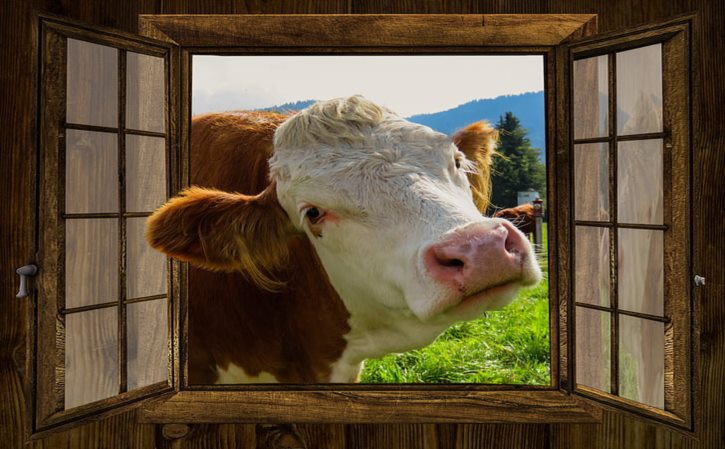you might be able to enjoy dancing中的动词是?(英语中的情态动词和动词原形有哪些)

英语中的情态动词和动词原形有哪些
情态动词有:
can,could,may,might,ought to,have to,need,shall,should,will,would,dare
情态动词有can (could),may (might),must,have to,shall (should,will (would),dare (dared),need (needed),ought to等.情态动词无人称和数的变化;不能单独使用,必须与其后的动词原形构成谓语
一、 can,could
1) 表示能力(体力、知识、技能).
Can you lift this heavy box?(体力)
Mary can speak three languages.(知识)
Can you skate?(技能)
此时可用be able to代替.Can只有一般现在时和一般过去式;而be able to则有更多的时态.
I’ll not be able to come this afternoon.
当表示“经过努力才得以做成功某事”时应用be able to,不能用Can.如:
He was able to go to the party yesterday evening in spite of the heavy rain.
2) 表示请求和允许.
---Can I go now?
--- Yes,you can./ No,you can’t.
此时可与may互换.在疑问句中还可用could,
might代替,不是过去式,只是语气更委婉,不能用于肯定句和答语中.
---- Could I come to see you tomorrow?
---- Yes,you can.( No,I’m afraid not.)
3) 表示客观可能性(客观原因形成的能力).
They’ve changed the timetable,so we can go by bus instead.
This hall can hold 500 people at least.
4) 表示推测(惊讶、怀疑、不相信的态度),用于疑问句、否定句和感叹句中.
Can this be true?
This can’t be done by him.
How can this be true?
二、 may,might
1) 表示请求和允许.might比 may语气更委婉,而不是过去式.否定回答时可用can’t
或mustn’t,表示“不可以,禁止”.
----Might/ May I smoke in this room?
---- No,you mustn’t.
---- May/Might I take this book out of the room?
---- Yes,you can.(No,you can’t / mustn’t.)
用May I...征徇对方许可时比较正式和客气,而用Can I...在口语中更常见.
英语中的情态动词
can 和could表示语气的轻重… must 和have to 一个是必须一个是不得不,也表示语气may shall 和might would 表示主语不同,后面的表示否定与肯定
might做“应该”的意思为什么是动词
1.当主句的动作与从句的动作发生时间不一致时,谓语动词的形式要根据 他所表示的时间加以调整
——》这个简单说就是混合虚拟.
举个例子
If he had listened to the advice,he wouldn't be in trouble now.
如果当初他听了建议,他现在就不会有麻烦了.
【他没有听从建议是过去的事情,所以从句用过去完成时表过去虚拟,而后面的主句是针对现在的情况,只用过去时wouldn't,事实上他现在有麻烦了.】
2.第二句的would have done不是现在完成时,是对将来完成的虚拟,形式与过去将来完成时巧合一致——》这种说法是最科学的,但很绕人.如果你只是高中的话,就这样理解,would have done用于虚拟句,表示与过去的事实相反.
英语中的情态动词有哪些
1.情态动词包括will,would,shall,should,can,could,may,might,must,need,dare,ought to,used to等,后接原形不定式.
2.情态动词不受主语的人称和数的限制.
3.两个情态动词不能连用.
